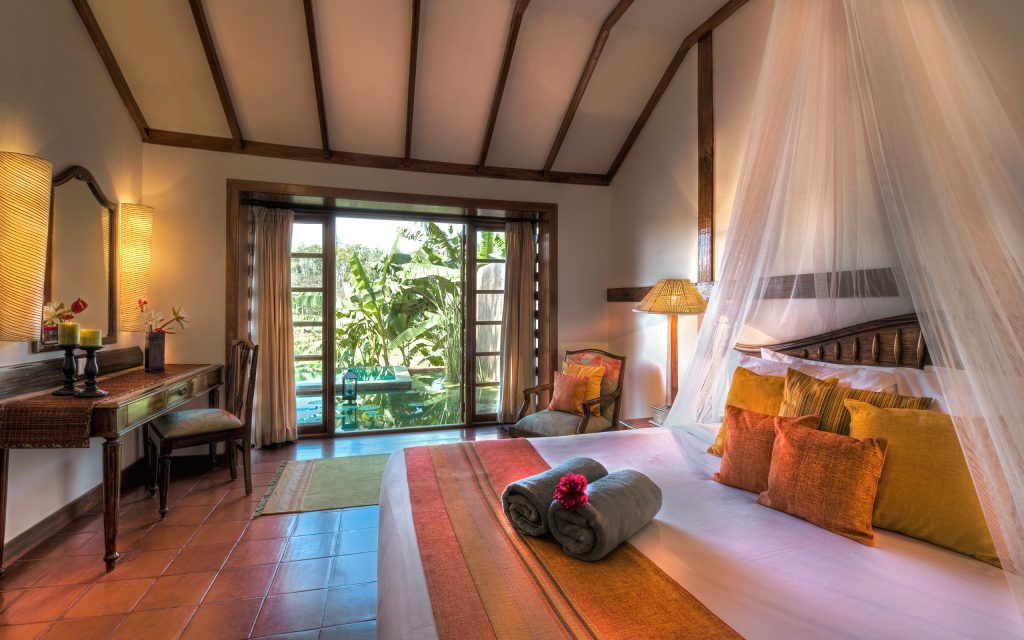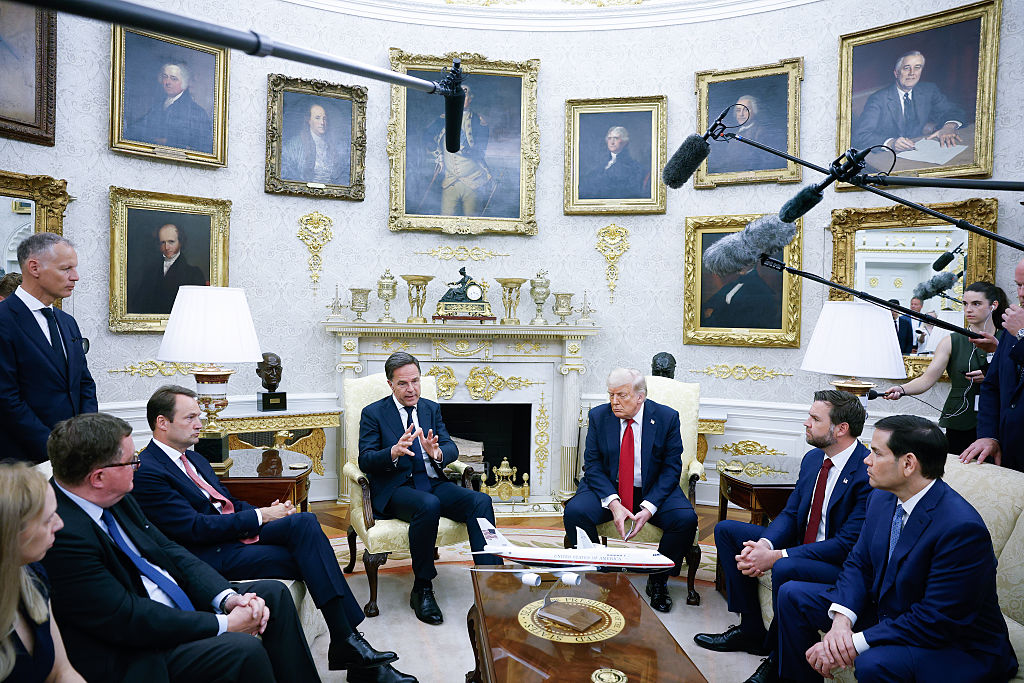While most travelers compile bucket lists of dream destinations, some revel in the pursuit of everywhere. Self-styled “extreme travelers” are seduced by hard-to-reach islands like Norway’s Bouvet, South Africa’s Prince Edward Islands and hundreds of other geographic oddities, in the same way children are tantalized by Disney World. In this subculture, visits to forbidden destinations like Guantánamo Bay, the Gaza Strip and India’s Andaman Islands, where the missionary John Allen Chau was murdered by spear-brandishing natives in 2018, confer status. And so do visits to pariah states and conflict zones, at least until Russia invaded Ukraine.
The close-knit, extreme-travel community, who you might think would be an anything-goes bunch, is divided over the war. Some maintain that they should remain free to roam wherever they please, while others insist that visiting Russia or Russian-occupied bits of Ukraine is now self-indulgent and immoral. The two primary extreme-travel clubs, which rank travelers based on their travel résumés, are divided on the issue. Friendships have ruptured, and travelers who’ve visited Russia or Russian-occupied territories of Ukraine have been kicked out of one travel club, but were given awards for doing so by another.
The country-collecting avocation dates to 1954, when Bert Hemphill, the owner of a travel agency that pioneered round-the-world trips, and his tour director, Russell Davidson, founded the Travelers’ Century Club, or “TCC,” in Los Angeles. By 1960, they had forty-three members who were able to prove that they had traveled to a hundred or more countries. To boost membership, TCC eventually began to welcome anyone who had been to a hundred places, rather than a hundred countries, on what was then a list of 263 destinations.
TCC now has more than 1,400 members and tiers (silver, gold, platinum, diamond) based on how many of its 330 listed countries and territories one has visited. Two other systematic travel clubs rank thousands of travelers and divide the world into much smaller bits than the UN’s 193 countries, rewarding country collectors who do much more than flit from one capital city to another. Nomad Mania, founded in 2012 by fifty-year-old Greek-British national Harry Mitsidis, who is ranked number one on his own site, has 1,301 places. Most Traveled People, or “MTP,” established seven years earlier by American traveler Charles Veley, who is ranked number two on his site, has 1,013 destinations, though the lists expand every year, ensuring that no one can ever reach a finish line.
The competition to rise in the rankings is fierce. But a friendly camaraderie usually prevails as country collectors socialize in exotic locales and frequently pool resources to charter boats or other means of transport to get to the world’s most inaccessible places. So shock waves rippled through the community on March 2 when Mitsidis, whose husband is Ukrainian, announced that Nomad Mania was banning all citizens of Russia and Belarus from its events. Two days later, he dropped that ban but maintained that those who traveled to Russia or Russian-occupied territories in Ukraine would be kicked off the site. About seventy travelers deleted their profiles to protest Mitsidis’s move, and a few influential travelers had their profiles deleted after flouting the travel ban.
Artemy Lebedev, a Russian blogger, designer and extreme traveler, was barred after visiting Russian-occupied Mariupol in July. Petro Marais, an Australian-South African woman, and a prolific Portuguese traveler, Luis Filipe Gaspar, were banned for visiting Russia this year.
Gaspar, who was ranked number twenty-three on the Nomad Mania site at the time, says that he’s strongly against the war but calls Mitsidis’s decision “regrettable, intrusive and overbearing.” He says that his visit to Moscow and five Russian oblasts along the Kazakh border shouldn’t have been problematic; extreme travelers often go to conflict zones. “I feel entitled, and I even consider it a cause, to get to know the world in its positive and negative points,” he says.
Another Portuguese traveler, Luis Amaral, was so upset by the new rules he defiantly traveled to Russia and then preemptively deleted his Nomad Mania profile when Mitsidis neglected to do so. “Nomad Mania called themselves God and started to decide where people can travel,” said Amaral, an entrepreneur, via email from Iran. “So, I decided to go to Russia to show that my freedom to travel is much more important than any ranking of travelers.”
Amaral says that as a “193er” — a traveler who has visited all 193 UN countries — he has traveled to places “run by bandits, thieves and dictators” that don’t respect “basic human rights.” He says he supports Ukraine and wanted to understand how the war could have happened and claims that his travels in Russia taught him that most people there aren’t on board with Putin’s war. “Travel is about freedom and understanding the world,” he told me. “Anyone that thinks they can control the freedom of travelers… doesn’t really understand what traveling is about.”
Kolja Spöri is an ascot-wearing German extreme traveler who blames Ukraine for provoking the conflict and opposes travel restrictions of any kind. He’s a key figure in the extreme-travel community who hosts Extreme Traveler International Congress (ETIC) meetings. Recent congresses were held in Agdam, a ghost town in Nagorno-Karabakh, Baghdad, Mogadishu and other places you won’t see in glossy travel magazines. He countered Nomad Mania’s new policy by announcing plans to host the next ETIC conference in Ukraine’s occupied Donbas region. He then gave both Portuguese travelers a curiosity award previously won by Mitsidis for their “open-minded travel to Russia during a time of conflict, despite massive coercion and even snitching.”
Mitsidis hosted a poll on the Nomad Mania website regarding the affair; 19 percent of respondents agreed with his travel ban policy and 75 percent were opposed. He reversed the policy and reinstated all the previously banned travelers save Lebedev. “Keeping him would mean we would end up losing most of our Ukrainian users,” said Mitsidis, reached in Brunei via email. Mitsidis says he was the target of abuse for his pro-Ukraine stance and likened traveling to Russia now to going on holiday in Nazi Germany. He said he was surprised and disappointed by the poll: “This is clearly a very indulgent community that accepts no limits at all.”
He told me he thought that those going to an ETIC event in Donbas are “mentally disturbed and borderline sociopathic.” For his part, Spöri calls Mitsidis a “prima donna” and “Karen” who “imposed his own quirky and self-righteous ideas on others.” Spöri says he can’t understand why Mitsidis had no problem visiting the Gaza Strip, Cuba, North Korea and meeting the FARC leadership in the Colombian jungle for a previous ETIC meeting but can’t abide others visiting Russia.
Mitsidis counters that the war in Ukraine involves a unique act of aggression that demands unique consequences. He says that extreme travelers are missing the big picture. “Everyone I have spoken to who is not a big traveler agrees that going to Russia now is madness and indicates some sort of symp thy or support for Russia which is entirely ill-conceived given the country’s regime and behavior,” he says.
For his part, MTP founder Veley, a software executive from California, released a statement condemning Russia’s aggression but strongly backed travelers’ right to roam. “No MTP member will be blamed, threatened or expelled for travel to Russia,” it read. “MTP celebrates travel, and travel represents freedom — the freedom to explore the whole world as you like.”
Reached by phone, Veley said that he was disturbed by Russia’s aggression and wanted them to lose the war. “But that doesn’t mean I have the authority to punish Russian travelers or tell anyone whether they should or shouldn’t go there,” he says. “It would open up a lot of judgment calls all over the world.” He says he won’t attend ETIC Donbas and will only consider visiting Russia’s Kuril Islands, long one of his (many) travel goals, during the war.
Veley says he plans to adopt Nomad Mania’s geography, incorporating some of its places that aren’t already on his list. “We want to welcome anyone who was on Nomad Mania and may have been kicked out,” he explains. When asked if he was declaring war on Nomad Mania, he denies the charge and says the changes were long in the works. His list, he says, will soon have about 1,500 places, though members like the American Don Parrish, now MTP’s number one and close to completing its 1,013-place list, will remain in its Hall of Fame, even if eclipsed in the new rankings. Hopefully, the changes won’t lead to another civil war in the extreme-travel community.
This article was originally published in The Spectator’s January 2023 World edition.

























